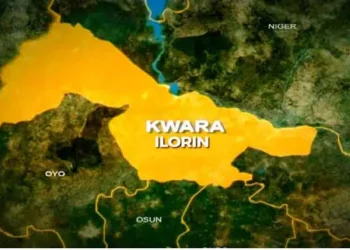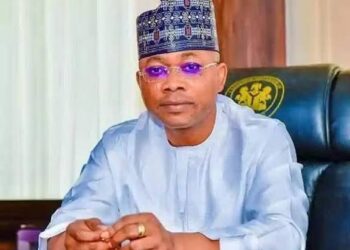Major telecommunications providers in Nigeria are considering withdrawing network support for banking services following a heated disagreement over transaction fee structures and outstanding debts.
The crisis emerged after banks notified customers that charges for mobile banking transactions would shift from bank account deductions to airtime deductions, effective June 3, 2025. However, telecommunications companies have denounced this announcement as misleading and self-serving.
Nigerian banks, including major financial institutions, informed customers that the Nigerian Communications Commission (NCC) had directed them to stop deducting USSD transaction fees directly from customer accounts. Under the new system, each banking session would cost ₦6.98 per 120 seconds, deducted from mobile airtime balances. “Going forward, these charges will be deducted directly from your mobile airtime balance in accordance with the NCC’s End-User Billing model,” banks stated in customer notifications. The new structure requires user consent before each transaction, with airtime only deducted upon confirmation.
The Association of Licensed Telecom Operators of Nigeria (ALTON) swiftly rejected the banks’ characterization of events, calling it a “significant misrepresentation intentionally crafted to serve their own interests.” ALTON Chairman Engineer Gbenga Adebayo clarified that the arrangement was not an NCC directive but rather a joint regulatory agreement between the NCC and Central Bank of Nigeria, witnessed by both telecommunications companies and banks.
“The agreement was that if the banks finally cleared all USSD debts owed the telcos by June 2, 2025, they are free to migrate to the end-user billing method, so long as the model of migration is transparent and agreed by the telcos,” Adebayo explained.
The telecommunications industry maintains that most banks have failed to settle outstanding USSD-related debts, making implementation of the new billing system premature. According to ALTON, while some financial institutions have cleared their obligations, the majority remain in default. The original agreement included safeguards to prevent double billing, ensuring customers wouldn’t face charges from both their bank accounts and airtime balances for the same service.
The dispute threatens to disrupt Nigeria’s digital banking ecosystem, where USSD codes have become essential for financial transactions, particularly in areas with limited internet connectivity. The technology allows users to conduct banking operations using simple mobile phone codes, making financial services accessible to millions of Nigerians. MTN Nigeria, Airtel, Globacom, and 9Mobile collectively serve over 200 million subscribers who rely on these services for daily financial transactions.
“Our position now is that if that is the way the banks want to treat the agreement, we may withdraw support for their USSD services,” Adebayo warned. “It is not a must have. They can do without it. But, they should clear the debts as agreed.”
Nigerian banking customers now face uncertainty about the future of mobile banking services. While the new billing structure promises transparency with consent-based charges, the underlying dispute between telecoms and banks could potentially disrupt these essential services. The standoff highlights the complex relationships between Nigeria’s telecommunications and financial sectors, with regulatory bodies caught between competing industry interests and consumer needs.
As the June 2 deadline for debt settlement has passed, the coming days will determine whether a resolution can be reached or if millions of Nigerians will lose access to convenient mobile banking services.



















